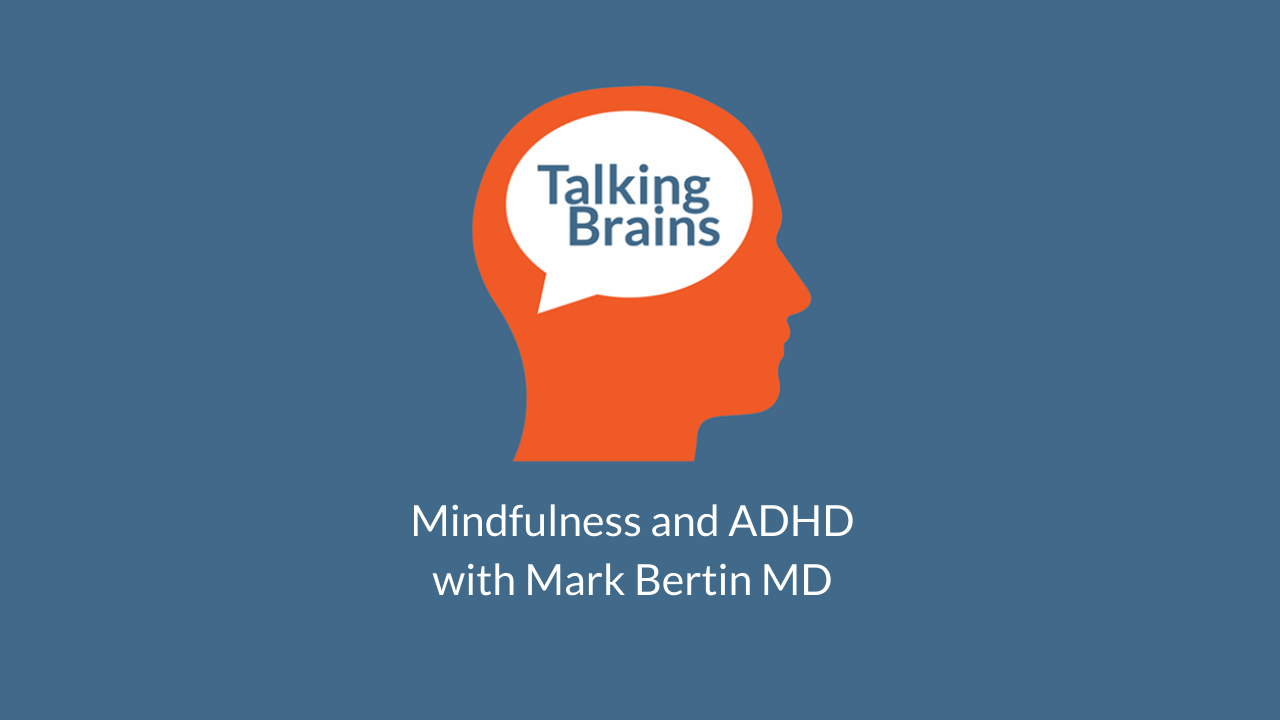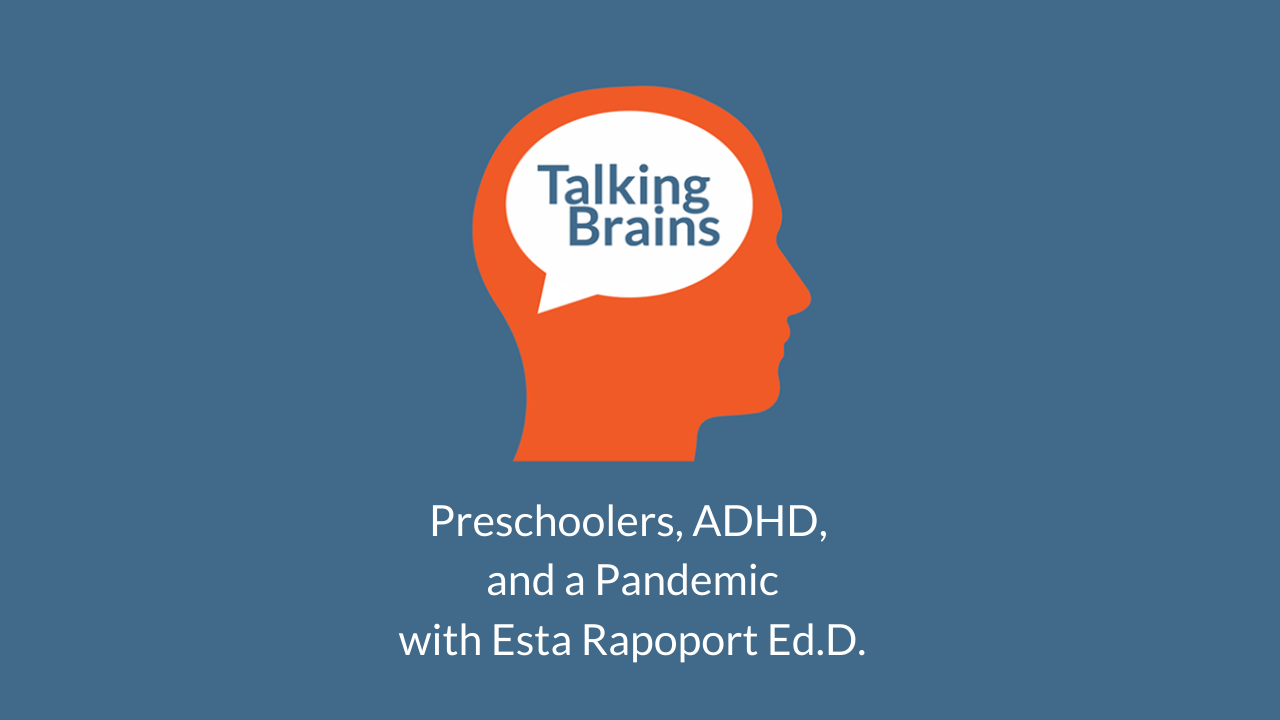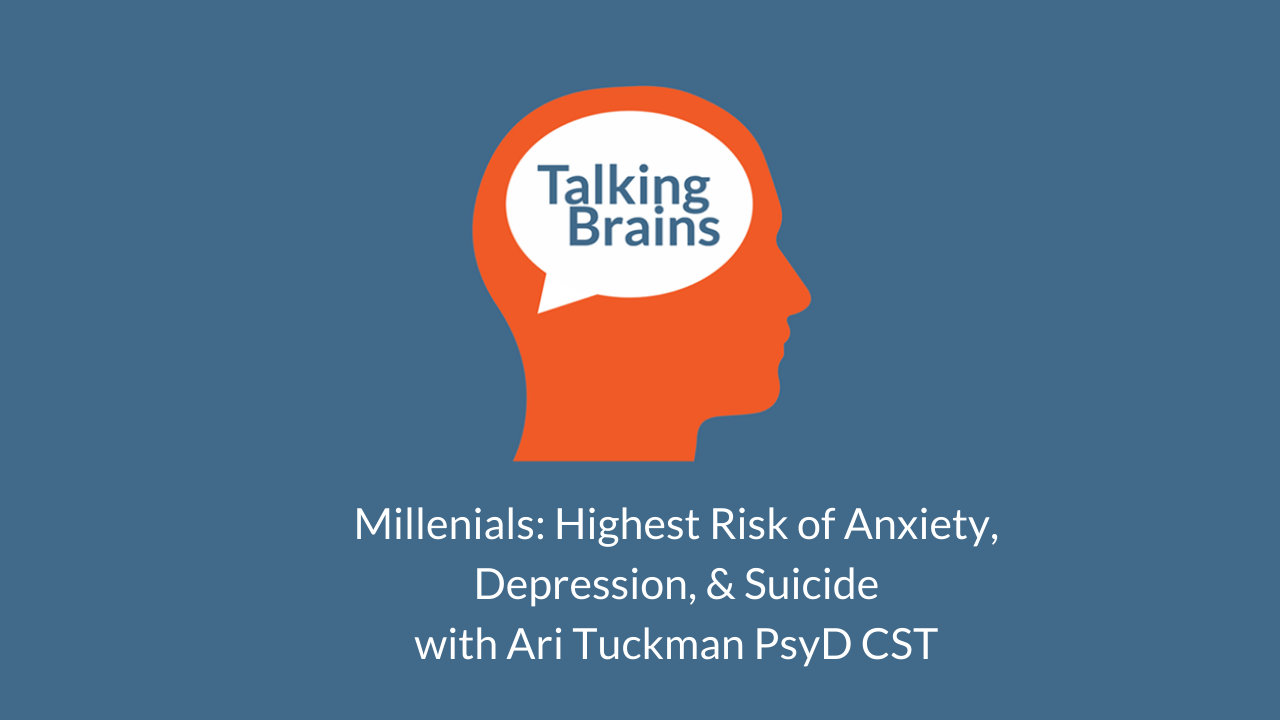According to the DSM-IV-TR (2000), to meet the criteria for a diagnosis of ADHD, “some hyperactive-impulsive or inattentive symptoms that caused impairment were present before the age of seven years.”
So let’s say your an adult that thinks they might have ADHD. But what if your parents didn’t notice ADHD symptoms until you were 8 years old? Does this mean you didn’t have ADHD? And considering the fact that ADHD is genetic, let’s say your mom has severe ADHD – and she can’t remember your childhood behaviors, and she didn’t keep any of your report cards or other paperwork from school. And you don’t remember much of your childhood either (which can be common in adult ADHDers). What do you do then?
The study:
A study in the American Journal of Psychiatry collected original data from 31 studies on the onset (or beginning) of ADHD symptoms.
It was found that the inattentive type of ADHD had a later onset than the hyperactive-impulsive or combined subtype. Also, the study found that out of the subjects with adult ADHD:
50% reported symptom onset before 7 years old
95% reported symptom onset by 12 years old
99% reported symptom onset by 16 years old
In addition, there was no significant difference in impairment between those subjects who had symptom onset before the age of seven, and those that had symptom onset between the ages of seven and twelve. There was also no difference in severity of impairment in those with late-onset ADHD symptoms compared to those with an earlier onset of symptoms.
My take on this:
Many adults with ADHD do not have access to thorough information about their childhood behaviors. And if their symptoms are mild to moderate, they may not have looked as “hyperactive” as their siblings. Therefore, the ADHD symptoms look possibly non-existent by comparison. This can especially be true in the case of girls with ADHD. In addition, if all three of your siblings were impulsive and distracted (and your childhood friends may have been the same, since we are drawn to similar people), your behavior may not have seemed out of the ordinary to your parents and other family members. But to the general population of kids your age, you may have been more distracted or impulsive.
This study is important because it shows that there is no solid rule as to “appropriate” age of onset of ADHD symptoms. Hopefully, this knowledge will result in more accurate diagnosis.
Study citation:
Kieling et al (2010). The Age at Onset of Attention Deficit Hyperactivity Disorder. American Journal of Psychiatry. 167(1): 14-16.
DSM-IV-TR citation:
American Psychiatric Association. (2000). Diagnostic and statistical manual of mental disorders (4th ed., text revision). Washington, DC: Author.






im 12 and i think i have adhd but i havent had symtoms before age 7 but i do now. i think i am the inattentive type. My teachers always tell me to pay attention. i look out the window sometimes and i got comments on my report card that im inattentive and need to be more attentive in class. i also think i MIGHT have part of the impulsive and/or hyperactive cause i talk alot and sometimes disracted other people and i figet sometimes. i CAN NOT keep organize at all!!! i dont think before i act either. i need help do i have adhd??????
Hi i am the same i am 13 an i am constenty moving an one of my teaches said they were consernd about me because i dont sit still in lessons. On my report card it said on all of them i get very eaisly distracted an all that stuff. I am worse at school than at home though. Does that mean i might have ADHD or not ?